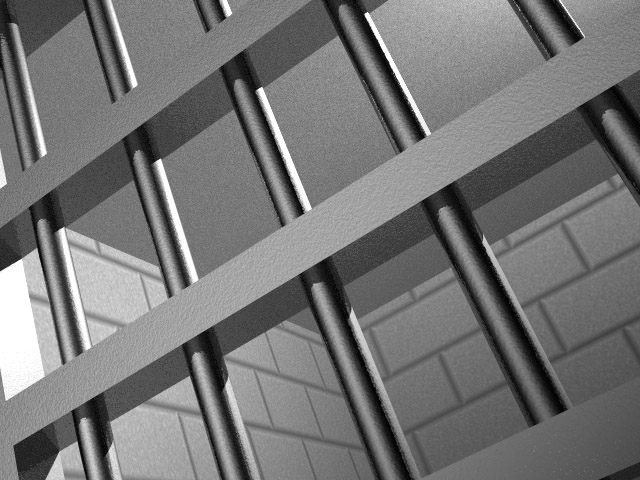
By MARGIE MENZEL
THE NEWS SERVICE OF FLORIDA
The Florida House on Wednesday unanimously passed a bill that would end years of legal wrangling between the state and counties over juvenile-detention costs.
The vote sends the issue to Gov. Rick Scott, who will sign the bill, a spokeswoman said.
The measure (SB 1322), filed by Sen. Jack Latvala, R-Clearwater, calls for a 50-50 split of juvenile-detention costs between the state and counties. It also involves a new billing system and an agreement by counties to waive all previous claims against the state.
The Senate unanimously approved the bill Monday.
“The state and counties came together to finally end a billing system that resulted in litigation and hundreds of millions of tax dollars in dispute,” Latvala said in a statement released by the Florida Association of Counties after Wednesday’s vote. “Like every good compromise, both sides had to give, but the most important thing is the taxpayer came out the real winner.”
In dividing the cost of detaining young offenders equally between the state Department of Juvenile Justice and county governments, the measure would replace a formula that currently requires counties to pay 57 percent and the state to pay 43 percent. It would simplify the current billing process by allowing counties to pay prior-year costs, rather than paying estimated costs in advance.
Disputes about overpayments and underpayments in past years prompted 22 counties to file legal challenges against the Department of Juvenile Justice. The counties were largely successful in the challenges.
The clash centers on the department’s handling of a 2004 law that required counties to help pay for “predisposition,” or the costs of detaining underage offenders before they are sentenced. Between 2009 and 2013, the department calculated the counties’ share at 75 percent. Then in June 2013, the 1st District Court of Appeal upheld an administrative law judge’s ruling that the department had shifted more responsibility for the costs to counties than the law required.
Following the ruling, the Legislature in 2014 tried to come up with another formula. But a bill proposing a 50-50 split failed when the counties sought hundreds of millions of dollars in back payments. As a result, Scott and the department settled on the current 57-43 percent formula, which the counties have argued is too high.
Counties contended the state has forced them to pay too large a share of the costs and have called the current system an “unfunded mandate.”
Lawmakers moved forward with the bill after the appeals court ruled Feb. 8 in the counties’ favor on the matter of back payments. The House companion (HB 1279), filed by Latvala’s son, Rep. Chris Latvala, R-Clearwater, hadn’t gotten a committee hearing to that point — but after last month’s ruling, the Senate measure began to gain traction.
In a statement, the Florida Association of Counties said the measure “resolves billing-system failures that in 10 years never delivered an accurate bill. It replaces the system with one where counties will be billed based on verified actual costs and makes the state and counties equal 50/50 partners in sharing the costs of juvenile detention.”
In addition, the association noted, the state will continue covering the costs of juvenile detention for Florida’s 29 fiscally constrained counties, which have not been part of the dispute. The matter affects 38 counties, 22 of which have been in court seeking money they said they were owed.
Before lawmakers would pass the bill, Senate Criminal and Civil Justice Appropriations Chairman Joe Negron, R-Stuart, insisted the 22 counties in litigation waive their claims to recoup overpayments. Volusia County, the last county to agree, did so in an emergency meeting Monday.
The bill would require the counties to pay a total of $42.5 million for detention costs during the upcoming 2016-17 fiscal year. The state would pay the rest. After that, the state and counties would split the costs evenly.
Jack Latvala said the affected counties would save roughly $12 million in the first fiscal year.
To start carrying out the proposal, the bill includes providing $10.8 million to the Department of Juvenile Justice. That money would be in addition to money the department receives for detention costs.



